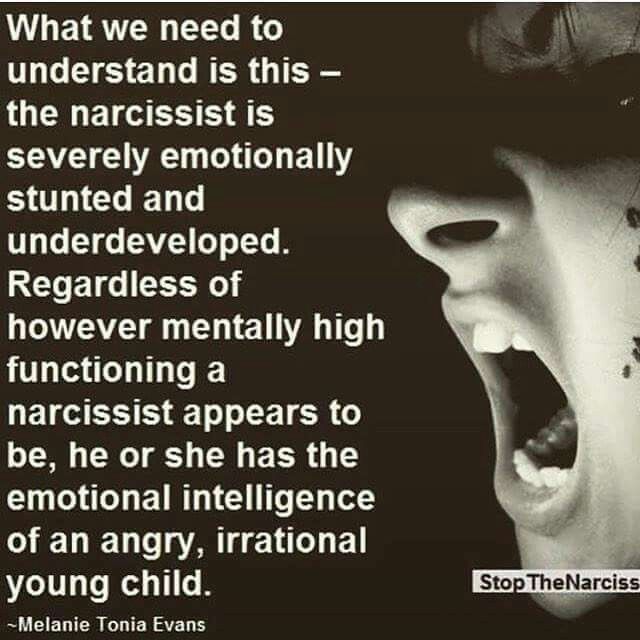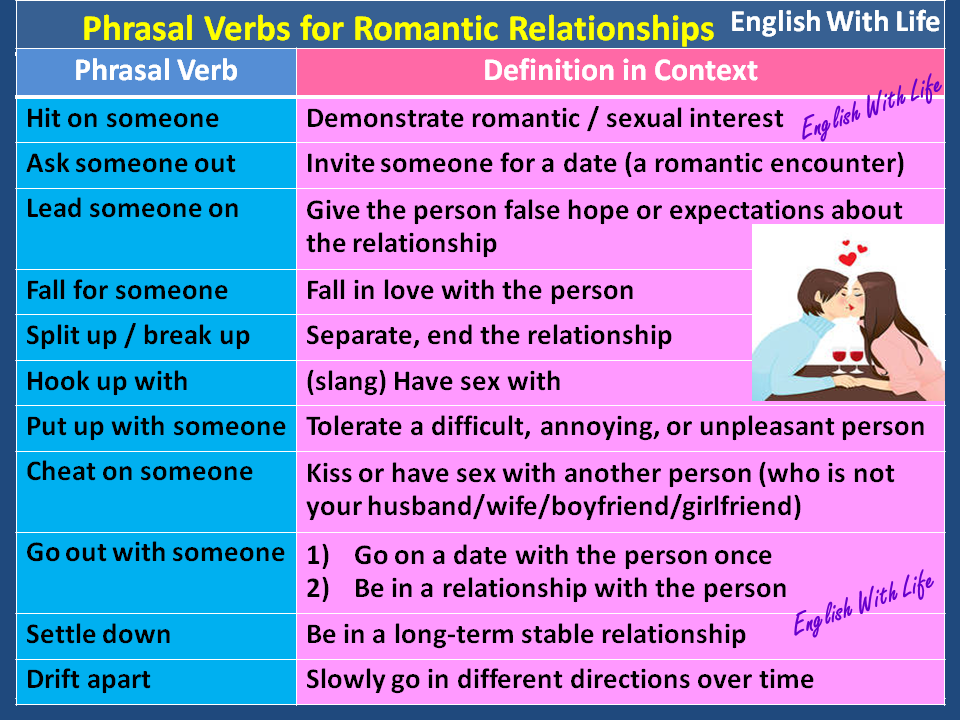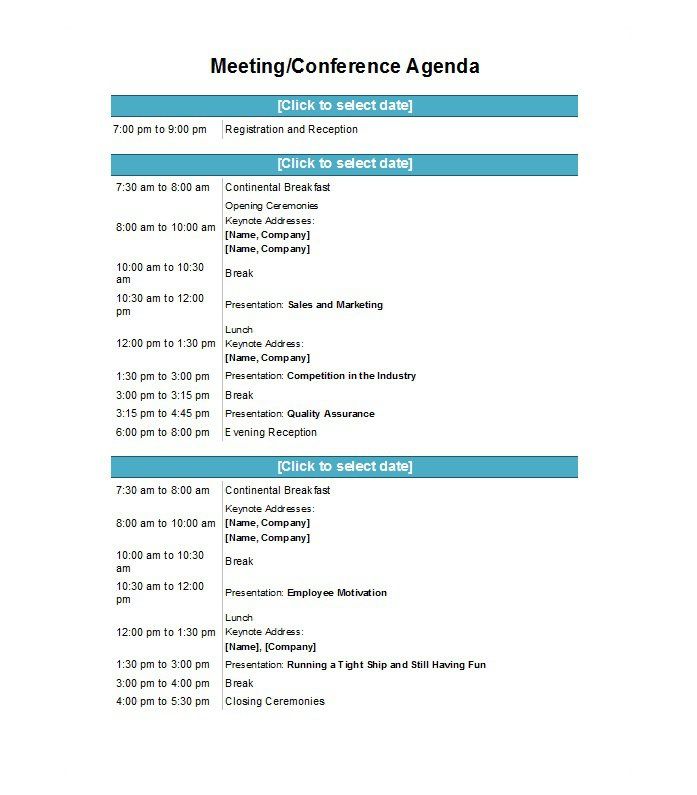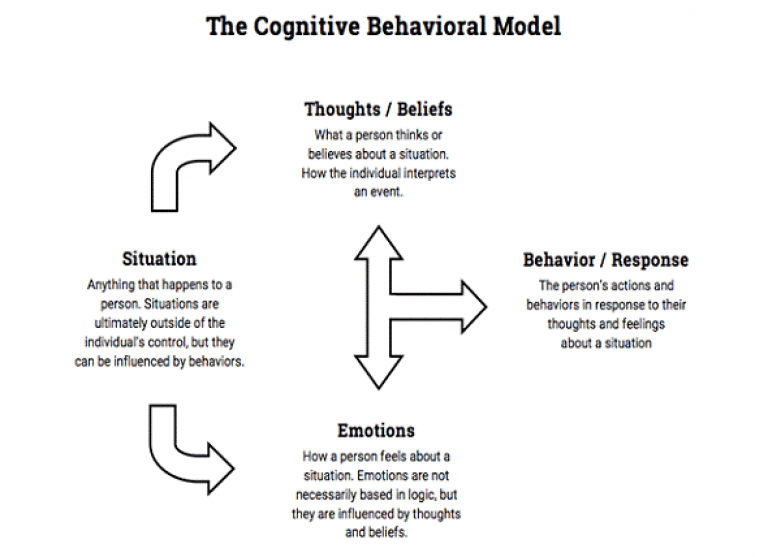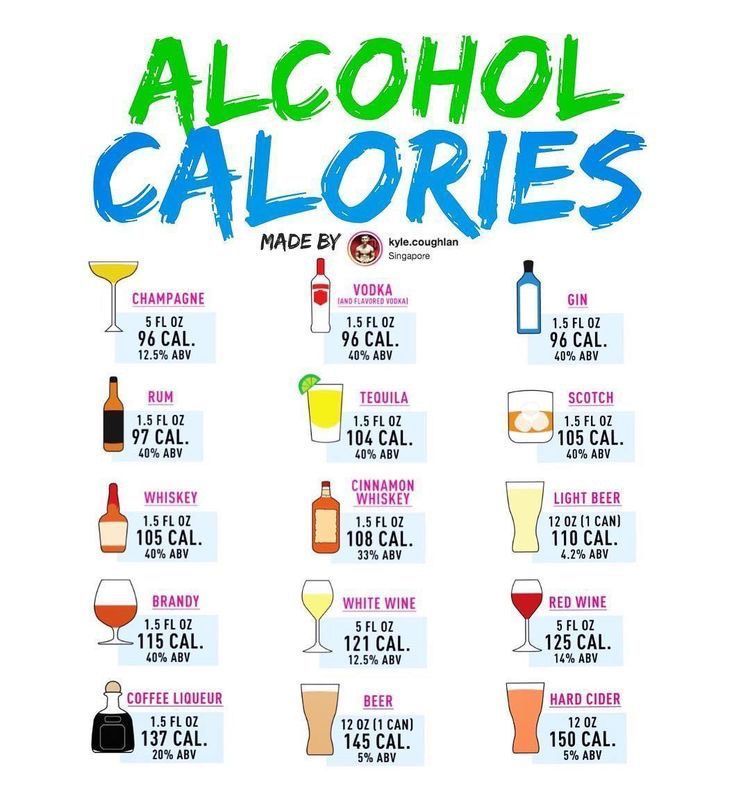Borderline personality disorder intelligence
The Potential Upsides to Having a Partner with Borderline
Partners suffering from BPD are frequently chastised, marginalized, and stigmatized, yet the truth is they deserve love and compassion just as much as everyone else.
BPD, or borderline personality disorder, is a clinical diagnostic indicating that an individual has difficulties with attachment and managing their emotions.
Yet being with someone with BPD can come with some positives. Some people with borderline personality disorder can be intuitive, empathetic, passionate, spontaneous, and resilient. When they are not triggered, they can love deeply, and be committed, to their partner and family.
In this post, we will examine the full spectrum of what it is like to be in a relationship with someone with BPD, including not only the frequently reported negative aspects but also the potential upsides to being with someone with BPD.
Potential Upsides to Having a Partner with BPD
High intelligence
Research indicates that BPD is linked to above-average intelligence (IQ > 130) and exceptional artistic talent (Carver, 1997). Because your partner with BPD may be exceptionally bright, they digest information and discover answers to problems more quickly than the average person. Conversation with them may be intellectually engaging and broaden your perspective.
They understand suffering
Someone with BPD knows hurt, loneliness, and emotional distress better than the average person. Contrary to popular belief, people with BPD can be empathic. Some may even possess "too much" empathy. If their empathic nature is not properly managed and regulated, they may be constantly overloaded to the point of burnout.
Many individuals with BPD have the ability to sense unspoken emotions. Even if you haven't directly communicated how you're feeling, your partner may appear as though they are able to read your mind. In a study, 30 people with BPD and 25 without BPD were shown partial photographs of faces, specifically the eyes. The BPD group performed significantly better than the non-BPD group in correctly detecting the facial expressions, demonstrating heightened sensitivity to others' mental states.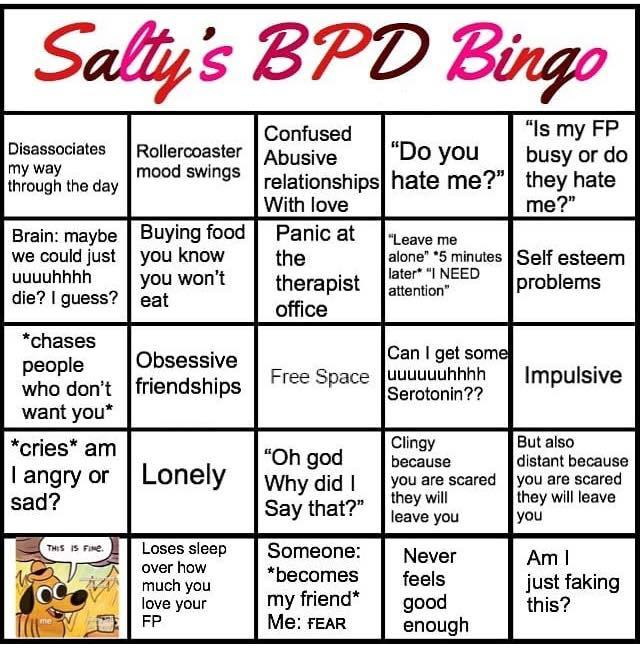 (Fertuck et al., 2009) Even if you try to conceal or deny your distress, your partner with BPD may be aware that you are distressed.
(Fertuck et al., 2009) Even if you try to conceal or deny your distress, your partner with BPD may be aware that you are distressed.
Tackling problems head-on
Although this may be related to their anxious attachment and intolerance of ambiguity, individuals with BPD are frequently highly driven to work on their relationships and overcome problems. When disagreements emerge, they will not simply let things go but will push to investigate the source of the problem. This might be stressful if you have a tendency to avoid conflict. The advantage is that you are forced to confront relationship challenges head-on, communicate effectively, and avoid falling into apathy or conflict avoidance.
They are capable of being empathetic and compassionate parents
While some people with BPD pass on intergenerational trauma (Stepps et al., 2012), many have pledged to do the reverse. Since your partner had a traumatic upbringing, they may fight to prevent a similar trajectory for your children. If they are ready to work on themselves and heal via counseling and personal growth, they may well be competent at transforming their sorrow into a parenting strength. They will try their best to support your child's needs and provide them with the affection they lacked. They may be more insecure than other parents, but they can be receptive to the needs of their children.
If they are ready to work on themselves and heal via counseling and personal growth, they may well be competent at transforming their sorrow into a parenting strength. They will try their best to support your child's needs and provide them with the affection they lacked. They may be more insecure than other parents, but they can be receptive to the needs of their children.
Your BPD partner is more resilient than you think
People with BPD are frequently viewed as mentally fragile and incapable of dealing with life's obstacles. Nevertheless, some individuals with BPD are exceptionally robust and resilient (Paris et al., 2014). They are able to overcome life's obstacles and painful experiences in ways that others cannot. Paradoxically, while they frequently exhibit strong reactions to relatively insignificant everyday occurrences, they may be remarkably composed when life-altering events occur. When a big family crisis arises, they may be in the best position to provide their loved ones with support.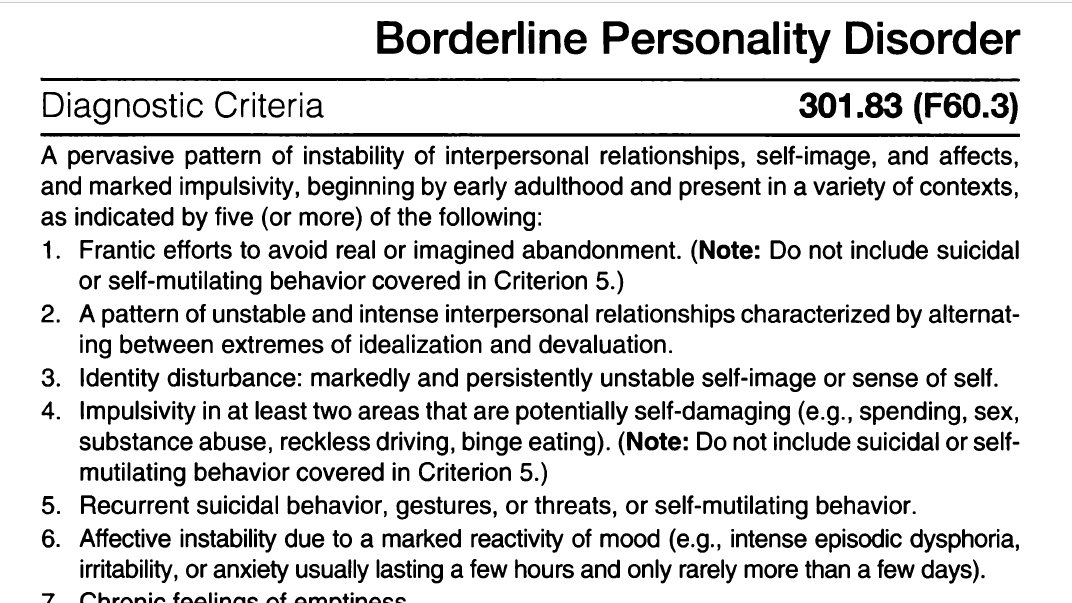 People with BPD have demonstrated that even the most horrific experiences cannot entirely ruin one's life. They know what it's like to be a survivor, and they may be a source of support for others.
People with BPD have demonstrated that even the most horrific experiences cannot entirely ruin one's life. They know what it's like to be a survivor, and they may be a source of support for others.
Spontaneous and fun
Many individuals with BPD enjoy social interaction and making others laugh. Their high energy and spontaneity can make it a delight to be with them. They are prone to being impulsive and taking excessive risks; however, if they are able to channel their daring nature in a healthy manner and incorporate it into their relationship, it can lead to interesting and unforgettable experiences.
Deep passion
People with BPD have a strong desire for intimate relationships. This is due, in part, to their fear of abandonment, but also to their love of people and desire for intimate ties. Consequently, people with BPD tend to have passionate relationships. They are often affectionate and will go to considerable efforts to deepen their relationships.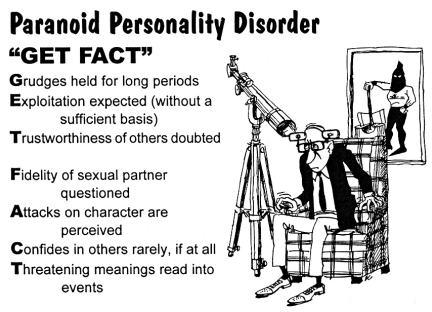 They may lavish you with compliments, affection, and attention. If you have felt alone or neglected in previous relationships, this can be a pleasant change.
They may lavish you with compliments, affection, and attention. If you have felt alone or neglected in previous relationships, this can be a pleasant change.
People who are in a relationship with a person with BPD frequently find that they become gradually more emotionally expressive. Because your partner with BPD demonstrates these skills, you may also find it easier to express your emotions and discuss difficult matters.
Coping with BPD is hard. Continue to engage in activities that bring you joy, socialize with others, and ensure that you are resourceful and healthy enough to assist your partner with BPD on their path. You do not want to become entangled in a dysfunctional relationship due to their neediness or demands. You should not feel guilty for assertively establishing boundaries, doing so is not a punishment, but rather a benefit for both parties.
Try not to rely on the hope that your partner may one day change radically or become the person you want them to be.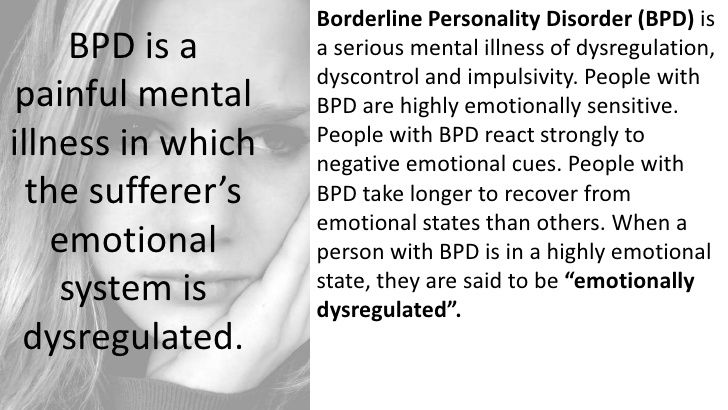 They are who they are, flaws and virtues included. Obviously, you may find some aspects of their personality challenging, but overall, your decision to be with this person should be a congruent one.
They are who they are, flaws and virtues included. Obviously, you may find some aspects of their personality challenging, but overall, your decision to be with this person should be a congruent one.
If you do not believe that the person you are with is the right person, it may be best to re-evaluate why you are in the relationship. Rather than continuing in the relationship and resenting them, silently punishing them, or pressuring them to change overnight, you should be honest with yourself. You both have the right to feel loved and accepted in your relationship, and this cannot be imposed.
The Unexpected Gifts Inside Borderline Personality
It is increasingly being recognized that many individuals who receive the diagnosis of borderline personality disorder (BPD) are highly intuitive and perceptive. What was previously thought of as a genetic vulnerability may reflect an innate talent.
People who were born emotionally intense, sensitive, and gifted with heightened perceptivity are like powerful sports cars. It is as if they have a potent engine that requires a special fuel and a specific kind of care.
It is as if they have a potent engine that requires a special fuel and a specific kind of care.
In the right condition and with the right keeping, they can be one of the most high-performing machines in the world and win many races. The problem, however, is that they may not have been taught how to run this powerful machine. To borrow a metaphor from psychologist Edward Hallowell, it is like having a Ferrari with bicycle brakes, and these brakes are just not strong enough to control such a powerful engine.
Many emotionally intense people are diagnosed or misdiagnosed with various mental disorders throughout their lives; some of the most common ones are mood disorders, including bipolar disorder, attention deficit hyperactivity disorder (ADHD), eating disorders, and personality disorders. While these conditions are real and extremely painful, we should not immediately assume that they are signs of a defect.
facebook image: Shutterstock
A "diagnosis" in psychiatry simply represents a cluster of symptoms, which are manifestations of internal conflicts and disease. In reality, the distinction from one disorder to another is unclear. The purpose of having these arbitrary categories is so that clinicians can fall back on a standardized framework to do research and to prescribe medication. Plus, they serve a purpose for the insurance industry. With the dominance of the medical model, we tend to pathologize and overlook the possibility that the distress may be a result of us not honouring our utterly unique make-up as individuals.
In reality, the distinction from one disorder to another is unclear. The purpose of having these arbitrary categories is so that clinicians can fall back on a standardized framework to do research and to prescribe medication. Plus, they serve a purpose for the insurance industry. With the dominance of the medical model, we tend to pathologize and overlook the possibility that the distress may be a result of us not honouring our utterly unique make-up as individuals.
In this post, we consider how this might be the case with BPD. It is increasingly being recognized that many individuals who receive the diagnosis of BPD are endowed with heightened sensitivity and perceptivity, and what was previously thought of as a genetic vulnerability may be a form of giftedness. Drawing on psychological research and theories, we see that many people who struggle with BPD do so as a result of two combining factors:
Their innate intuitive talents, and the specific developmental requirements that go along with them.
A childhood environment that fails to meet their emotional needs.
What does it mean to be "hyper-empathic"?
BPD is also known as emotional dysregulation disorder or emotionally unstable personality disorder (World Health Organization, 1992). Despite being referred to as a "personality disorder," it is not a character flaw but is best understood as a limitation in a person’s capacity to regulate emotions. This means that the person with BPD often experiences feelings as rapidly changing or spiralling out of control. These symptoms go alongside impulsive self-soothing behaviours and a chronic sense of internal hollowness.
Although the link between BPD and empathy remains controversial, many people with BPD identify with the traits of being an “empath” or being hyper-empathic.
Empathy is broadly defined as the way we react to one another (Davis, 1983), and it explains how we conduct ourselves in this world. An empath is extremely sensitive to the emotions and energy of other people, animals, and places (Orloff, 2011).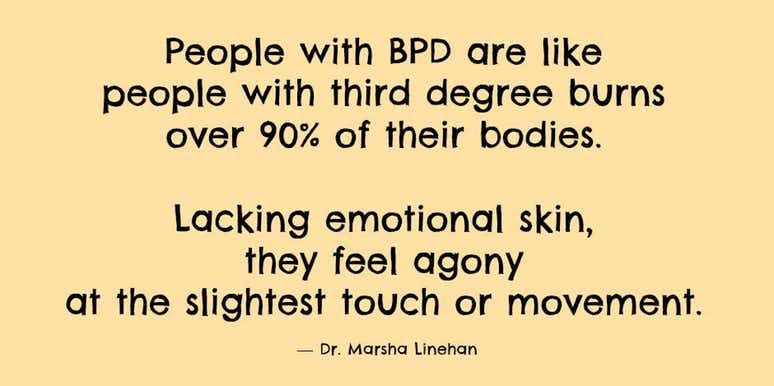 Although the term "empath" has not been used very much within academia, psychologists have extensively studied what it is like to have high empathy, and they have found the following phenomena:
Although the term "empath" has not been used very much within academia, psychologists have extensively studied what it is like to have high empathy, and they have found the following phenomena:
Individual differences in empathy level affect the way that people recognize facial expressions (Besel and Yuille, 2010) and react to social cues (Eisenberg and Miller, 1987).
People with high empathy are better at recognizing emotions in others. However, they also have a "bias" towards negative emotional expressions, meaning that they are more sensitive and alert to negative feelings in others. Perhaps due to these propensities, they are also more likely to experience "empathic distress" (Chikovani, Babuadze, Tamar Gvalia, Surguladze, 2015).
Interestingly, it was found that women with high empathy are better than their male counterparts at noticing and recognizing sadness.
Excessive empathy — an intense sharing of others' negative emotions — is linked to emotional disorders in health professionals and caregivers. Their empathic distress is often framed as compassion fatigue or burnout. (Batson et al., 1987, Eisenberg et al., 1989, Gleichgerrcht and Decety, 2012).
Their empathic distress is often framed as compassion fatigue or burnout. (Batson et al., 1987, Eisenberg et al., 1989, Gleichgerrcht and Decety, 2012).
It is important that naturally empathic people learn to hone their empathic skills, such as emotional regulation, perspective-taking, and empathic accuracy (the ability to accurately identify and understand emotional states and intentions in yourself and others) (McLaren, 2013). Without these skills, many empaths end up "absorbing" the emotions of others to the point of being burned out.
The "borderline empathy paradox"
It has long been recognized that individuals with BPD seem to possess an uncanny sensitivity to other people’s subconscious mental content — thoughts, feelings, and even physical sensations. They also seem to have a talent for involving and influencing others (Park, Imboden, Park, Hulse, and Unger, 1992).
In the first study that explicitly investigates this observation, Frank and Hoffman (1986) found that individuals with BPD showed a heightened sensitivity to nonverbal cues when compared with people without BPD.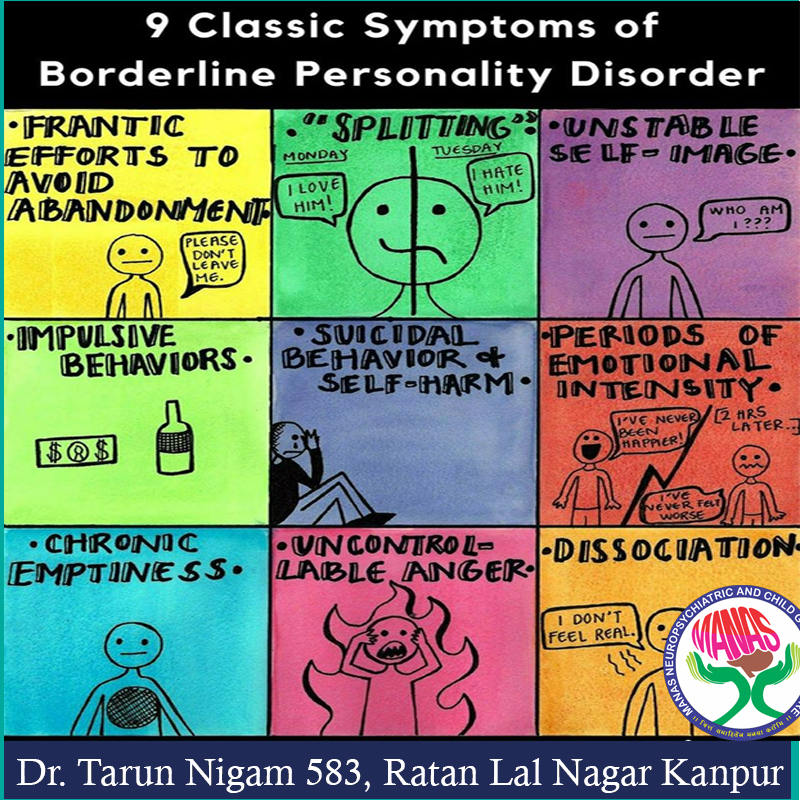 This finding has been validated through other follow-up research (Domes, Schulze, and Herpertz, 2009). A well-known study, for instance, compared the way people with BPD react to photographs of people’s eyes to those without BPD. The researchers found that the BPD group was more able to correctly guess what emotions these eyes expressed, which showed their enhanced sensitivity to the mental states of others (Fertuck et al., 2012).
This finding has been validated through other follow-up research (Domes, Schulze, and Herpertz, 2009). A well-known study, for instance, compared the way people with BPD react to photographs of people’s eyes to those without BPD. The researchers found that the BPD group was more able to correctly guess what emotions these eyes expressed, which showed their enhanced sensitivity to the mental states of others (Fertuck et al., 2012).
At their best, these highly intuitive individuals’ abilities would constitute what giftedness psychologists call "personal intelligence" (Gardner, 1985). This kind of giftedness consists of two components: "interpersonal intelligence" — the capacity to understand the intentions, motivations, and desires of other people — and "intrapersonal intelligence" — the capacity to understand oneself, to appreciate one’s feelings, fears, and motivations.
Despite their enhanced empathic ability, many people with BPD have difficulties navigating social and interpersonal situations.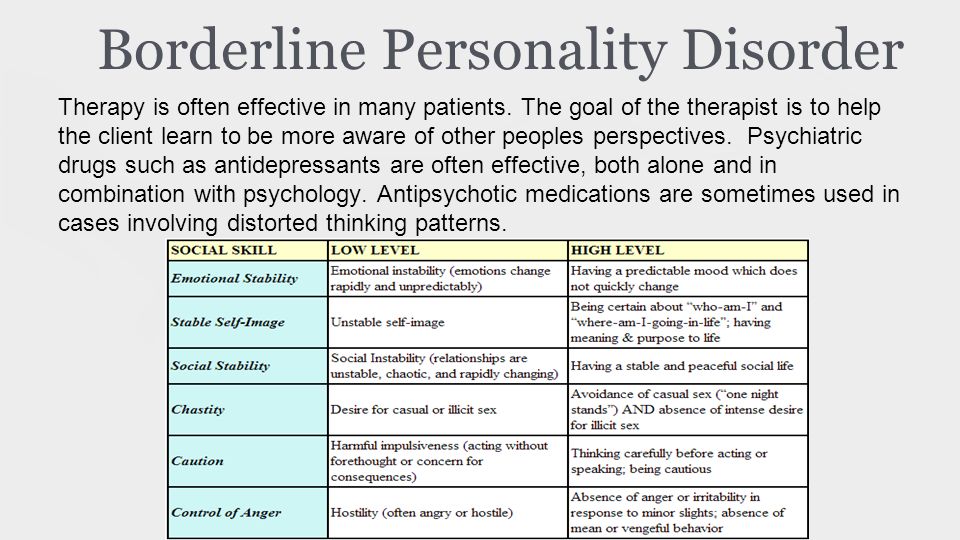 Without the ability to regulate their emotions and manage attachment relationships, their hypersensitivity may end up showing up as emotional storms and mood swings (Fonagy, Luyten, & Strathearn, 2011), being easily triggered by stressful situations and a constant fear of abandonment and rejection (Fertuck et al., 2009). This phenomenon is known as the "borderline empathy paradox" (Franzen et al., 2011; Krohn, 1974).
Without the ability to regulate their emotions and manage attachment relationships, their hypersensitivity may end up showing up as emotional storms and mood swings (Fonagy, Luyten, & Strathearn, 2011), being easily triggered by stressful situations and a constant fear of abandonment and rejection (Fertuck et al., 2009). This phenomenon is known as the "borderline empathy paradox" (Franzen et al., 2011; Krohn, 1974).
Why do I feel and see so much?
It is true that high empathy may be an outcome of growing up in a traumatic and unpredictable childhood environment. Indeed, many people with BPD have a history of abuse, neglect, or prolonged separation as children.
As a response to confusing or neglectful parenting, these children had to "amp up" their empathic functioning to protect themselves. They were trained by their environment to become highly attuned to the subconscious cues given out by their parents so that they could be prepared for their parents' unpredictable behaviours.
Environmental factors alone, however, do not explain why many siblings who grow up in the same household are not affected in the same way. Thus, we must also consider the biological and innate temperament-based factors that affect people’s distinctive reactions to traumatic events. As psychologist Bockian (2002) suggested: “It is extremely unlikely that someone with a placid, passive, unengaged, aloof temperament would ever develop borderline personality disorder.”
Child psychologists have found that there is a subset of children who have "heightened sensitivity to the social world," whose developmental and emotional outcomes are critically dependent upon their early childhood conditions (Boyce, Chesney, Kaiser, Alkon-Leonard and Tschann, 1991).
In most cases, serious difficulties in emotional regulation, or BPD, is a result of two combining factors:
Being born with heightened sensitivity and gifted with perceptivity.
A deficient or vicarious childhood environment that fails to meet these children’s emotional needs.
If it is a gift, why do I suffer so much?
Under favourable, "good enough" circumstances, a child who is born with a gift in perceptivity would not grow up to have serious emotional regulation issues or BPD. However, if the primary caretakers could not attune to their child, or even resented or were threatened by their unusually perceptive child, they may consciously or subconsciously sabotage the child’s healthy development. The nature of the psychological abuse may differ, but it always includes an assault on the child’s perceptions and the development of their autonomy.
For gifted children, ongoing negative feedback towards their intuitive perception is "particularly damaging" (Park et al., 1992).
Attachment theories would have us know that children will do all they can to preserve a good image of their parents. Even when their parents are incompetent, abusive, or neglectful, children naturally blame themselves, because it is not safe to think of the people they depend on as "bad" (Winnicott, 1960).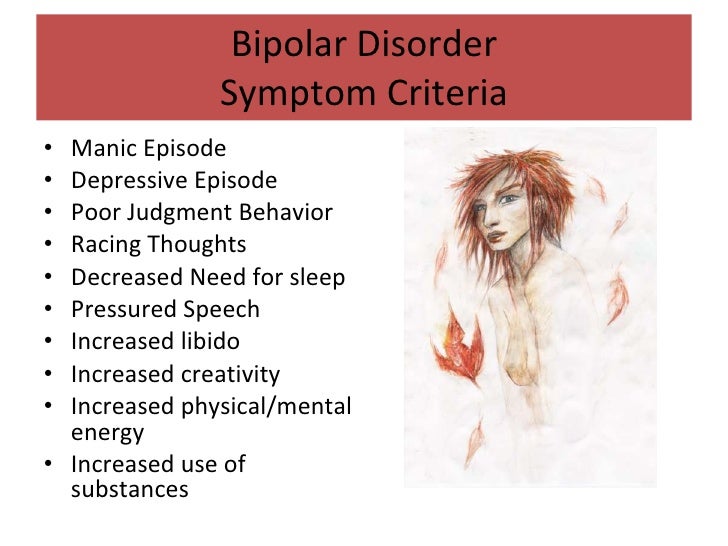 This scenario is complicated if the child is naturally intuitive; many emotionally gifted children have strong feelings of love and responsibility for their parents and often feel compelled by a need or desire to take care of them.
This scenario is complicated if the child is naturally intuitive; many emotionally gifted children have strong feelings of love and responsibility for their parents and often feel compelled by a need or desire to take care of them.
If parents either explicitly or implicitly reject the child, he or she will internalize the shame of being rejected and experience him/herself as being profoundly bad (toxic shame). As a result of their negative experience of themselves and those around them, these children’s natural gifts in perceptivity become "hijacked" by negative bias and negative projections. Without an environment where they can learn to set healthy boundaries and experience secure attachment without exploitation, these children develop "symptoms," such as an inability to self-soothe and regulate emotions, a fear of rejection, and a sense of internal hollowness.
Many emotionally intense adults have struggled all their lives with feeling lonely, misunderstood, and the belief that there is something profoundly wrong with them. If you are one of them, I hope that you can reconsider the potential gifts that are within you.
If you are one of them, I hope that you can reconsider the potential gifts that are within you.
While history cannot be changed, you can rewrite the story that you have been telling yourself. You are in no way "bad." You are not "too much." What you are is a sensitive, intuitive, gifted individual, who was deprived of the right kind of nourishment as you were growing up. Your high level of awareness and acuity to subtleties is not only unusual but also extremely precious.
Because of your innate perceptivity, you cannot "un-see" or "un-feel" things. Perhaps like a poppy that has outgrown his peers, you were being shamed and "chopped down." Your struggles are not your fault, and the shame that you carry is a natural reaction to a childhood environment that has failed to support you.
Perhaps there is a little voice within you that has always known you were not fundamentally wrong. If you can begin to listen to that voice, you can liberate yourself to retrieve the long-forgotten gifts inside you.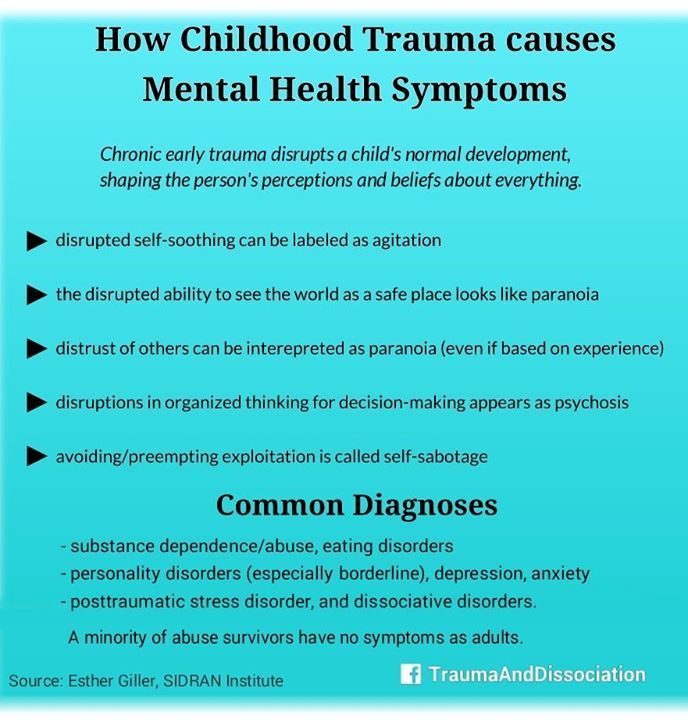
Your psyche wants to heal. Once you can begin to recognize and trust your fundamental goodness, restoration and integration would naturally happen. Hone the gifts inside of your borderline personality traits.
The privilege of a lifetime is being who you are. —Joseph Campbell
Features of Borderline Personality Disorder - Blog Wikium
In the world there are quite a large number of different mental illnesses. Borderline personality disorder is one of the most intractable and common. In this article, you will learn about the causes of this disorder and methods of treatment.
Contents:
- 1 What is borderline personality disorder?
- 2 Characteristics of patients
- 3 Causes of borderline disorder
- 4 Symptoms of borderline personality disorder
- 5 Treatment of borderline personality disorder
What is borderline personality disorder?
Borderline personality disorder is a mental illness in which a person cannot control their emotional state.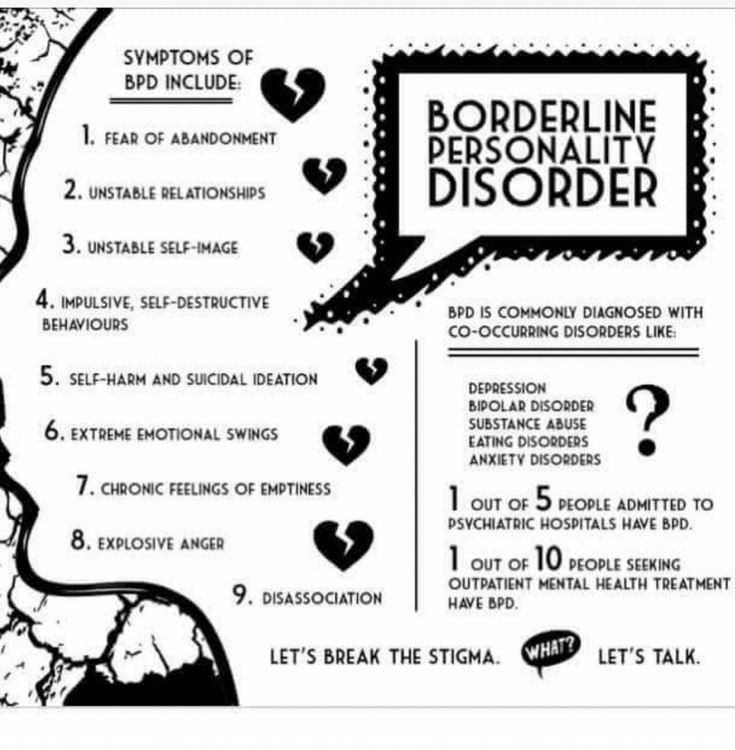 Such people are characterized by sudden mood swings. It is quite difficult for others to interact with such personalities.
Such people are characterized by sudden mood swings. It is quite difficult for others to interact with such personalities.
Characteristics of patients
Such people have the following characteristics:
- desire to commit suicide, especially often in adolescence;
- addiction to alcohol and illegal substances;
- desire to inflict bodily harm on oneself;
- low intelligence;
- vision of the world only in black and white.
Causes of borderline disorder
To date, experts still cannot identify the main causes of this disorder. However, one of the factors may be heredity. Also, the following psychological reasons can lead to this type of disorder:
- indifference or aggression on the part of parents, exactingness;
- violence of any kind;
- unhealthy family environment;
- loss of a loved one;
- constant emotional restraint.
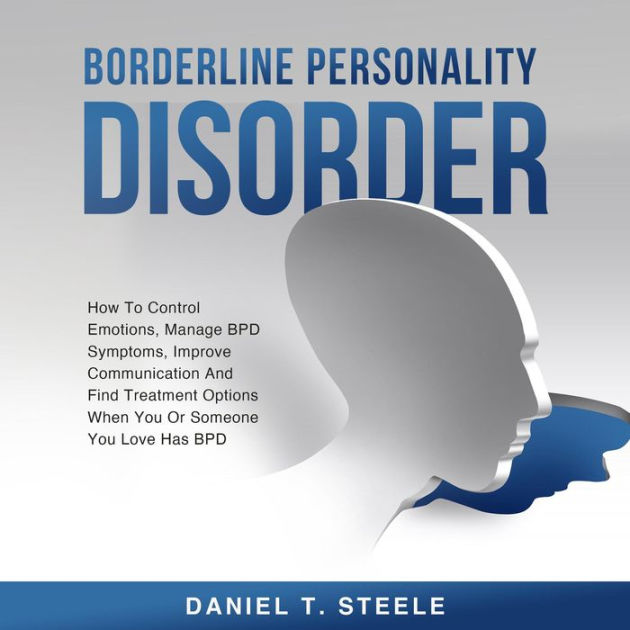
In addition to psychological factors, biological ones can also be distinguished. Often, patients have changes in the structure of the brain, the activity of areas responsible for self-control decreases. In addition, the production of certain hormones is disrupted, and the hormone of joy begins to be produced during negative events.
Symptoms of borderline personality disorder
The main symptoms of this disorder include depression, when a person is unable to experience positive emotions. Also, adults can show unreasonable aggression, excessive suspicion and fear of losing relationships that they already have.
In children, such mental disorders can be observed already from the age of 4, however, not all adults can understand the gravity of the situation. Quite often, parents attribute this behavior to a crisis. The main signs of borderline disorder in children include the following:
- cry with which the child tries to express pain;
- inability to communicate with others;
- inability to control one's emotions;
- disturbing sleep;
- hysterical behavior;
- constant conflicts with peers and adults;
- adaptation problems;
- eating problems;
- learning problems.
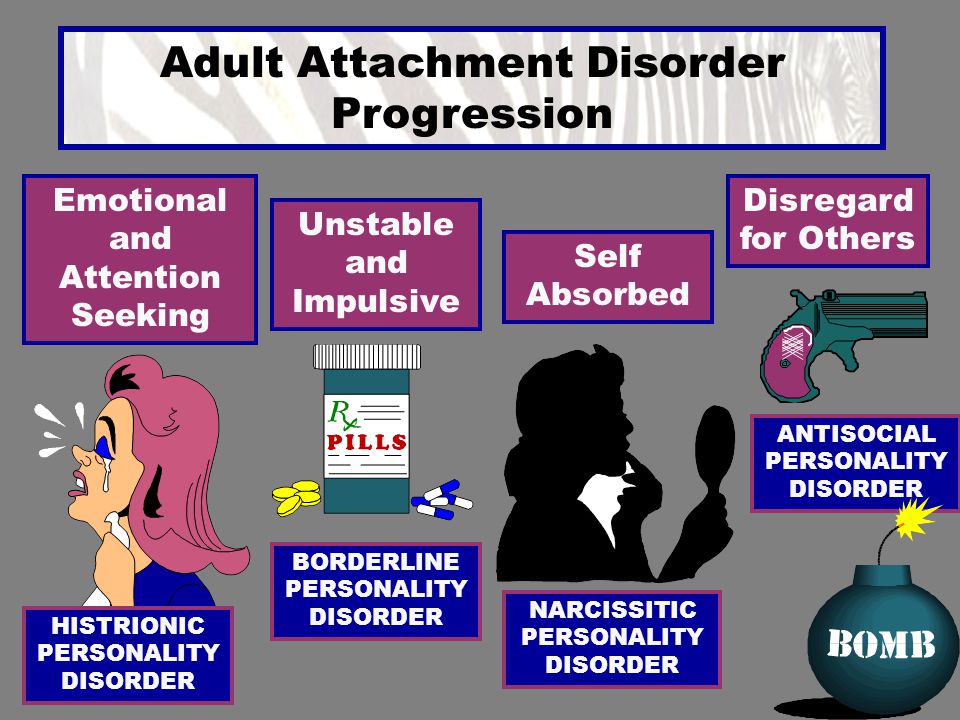
Adolescents with borderline disorder experience problems in building relationships, as well as with their own line of behavior.
Treatment of borderline personality disorder
This condition is almost incurable and requires a high level of self-control. Medications in this case are not prescribed, and the emphasis is on the fact that a person can regulate relations with himself and learn to communicate with others.
In addition to treatment for borderline personality disorder, there is treatment for alcohol and drug addiction. Addiction therapy can take place in a hospital in group sessions. Borderline personality disorder greatly affects the patient's quality of life. However, if therapy is started on time, there is a great chance to return to normal life.
To avoid various psychological disorders, one should develop, learn to control one's emotions and get rid of negativity in time. The Wikium course “Brain Detoxification” is aimed at getting rid of toxic thoughts and negativity.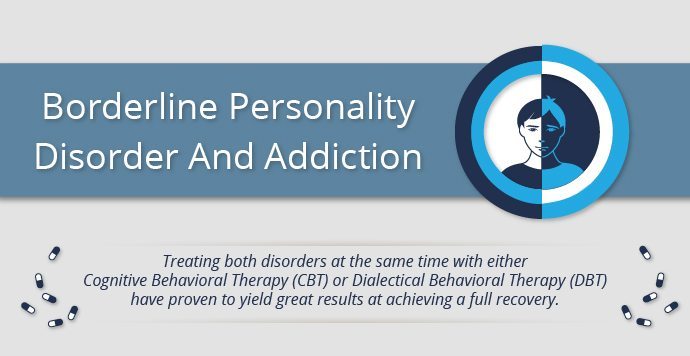
Help for people with borderline personality disorder //Psychological newspaper
Psychologists and psychotherapists are often approached by people who, in the process of psychodiagnostics and initial interviews, have borderline personality disorder or "emotionally unstable personality disorder" according to ICD-10. What are its signs? How is life for people with page personality disorder? What do experts think about healing? What self-help techniques can people with BPD use in difficult situations? I will talk about this in the article.
Borderline personality disorder (BPD) is a group of personality disorders characterized by self-injurious behavior and difficulties in interpersonal relationships. Some people characterize BPD as "the apocalypse."
I highlight such signs of BPD as: constant anxiety, people with BPD may be anxious because of the crises that accompany their lives, changing events. Often there is an alarming suspiciousness in connection with the state of health. Anxiety leads to psychosomatic illnesses, which reinforces the "vicious circle" - going to the doctors. Anxiety is associated with fear in the lives of people with BPD. A lot of things can scare them, these are new relationships, and intimacy, and parting, and other situations. Numerous spheres of life of people with BPD are “saturated” with fear, as in children aged 3-5 years, who are prone to various fears and anxieties. Especially fear and suspicion can increase in situations of stress. People with BPD have low self-esteem. It is as if a constant critic, distinguished by self-criticism, “sits” inside, and self-doubt and doubts are born from this.
Anxiety leads to psychosomatic illnesses, which reinforces the "vicious circle" - going to the doctors. Anxiety is associated with fear in the lives of people with BPD. A lot of things can scare them, these are new relationships, and intimacy, and parting, and other situations. Numerous spheres of life of people with BPD are “saturated” with fear, as in children aged 3-5 years, who are prone to various fears and anxieties. Especially fear and suspicion can increase in situations of stress. People with BPD have low self-esteem. It is as if a constant critic, distinguished by self-criticism, “sits” inside, and self-doubt and doubts are born from this.
It is worth noting that it is difficult for people with BPD to answer the question: “who am I?”, “What do I want?”, The so-called diffuse identity manifests itself, where there are no strong goals, values and beliefs. When there is a series of events associated with parting with a loved one, with failures in work or in the sphere of relationships with others, which is typical for people with BPD due to emotional instability, emotional or mental pain arises - it resembles an uncomfortable feeling inside, close to despair.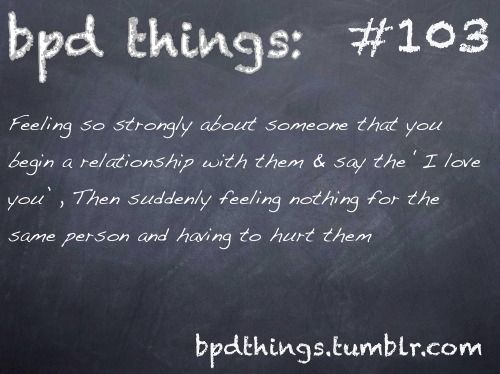 People with BPD may have problems controlling their emotions, which manifests itself in uncontrollable anger and anger, chronic conflicts with others. It is very difficult for them to be in a relationship with one partner for a long time, therefore, changes often occur in relationships, even some chaos, the search for more and more new partners.
People with BPD may have problems controlling their emotions, which manifests itself in uncontrollable anger and anger, chronic conflicts with others. It is very difficult for them to be in a relationship with one partner for a long time, therefore, changes often occur in relationships, even some chaos, the search for more and more new partners.
People with BPD tend to change jobs frequently. The work book is literally teeming with notes about various organizations in which I had to work. As a result, they may face certain difficulties in finding employment in the future. The litmus test for BPD in people's behavior is self-harm and suicide. At the same time, self-harm can manifest itself in different ways, from suicidal attempts to masochistic tendencies in behavior, when people with BPD want the other person to scold, offend, hurt. For some people with BPD, various kinds of addictions are characteristic, for example, alcoholism, drug addiction, gambling, Internet addiction.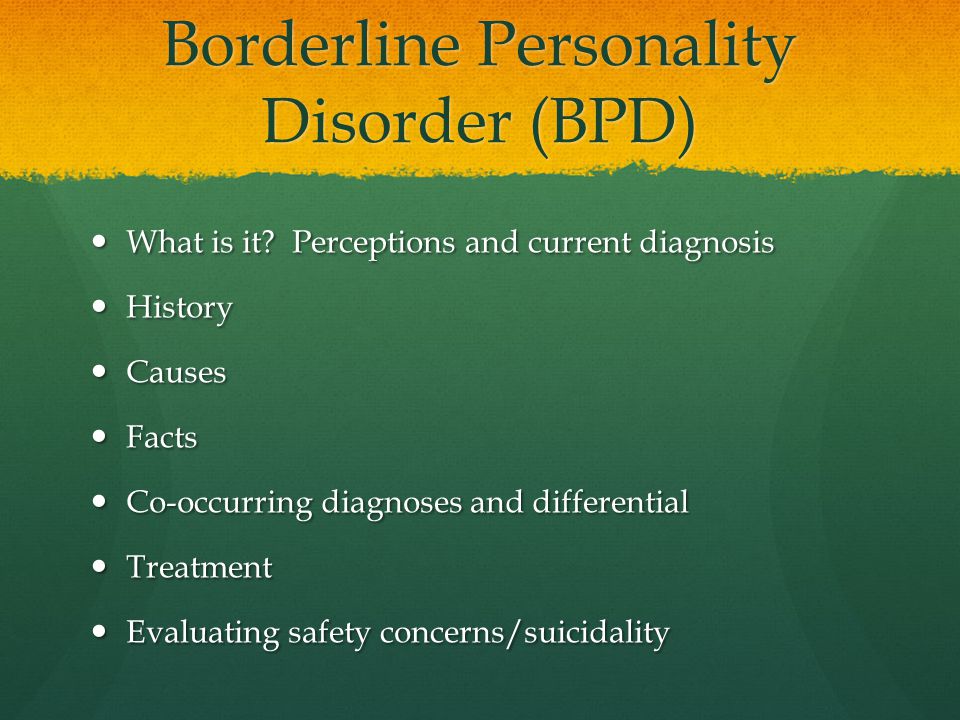 People with BPD are characterized by unreasonable spending of money, risky driving, and promiscuity. Often, after traumatic events, there may be problems with sleep, nightmares, obsessive thoughts about unpleasant situations, memories that disturb and do not allow you to live in peace. In general, the signs of BPD are characterized by polymorphism, and behavioral patterns - by a variety of manifestations.
People with BPD are characterized by unreasonable spending of money, risky driving, and promiscuity. Often, after traumatic events, there may be problems with sleep, nightmares, obsessive thoughts about unpleasant situations, memories that disturb and do not allow you to live in peace. In general, the signs of BPD are characterized by polymorphism, and behavioral patterns - by a variety of manifestations.
You can describe borderline personality disorder with the word: INSTABILITY, where:
N - hate. People with BPD are characterized by a feeling of hatred as a long, intense, negative feeling, reflecting disgust, hostility, rejection of someone.
E - Yeralash. Characterized by disorder, confusion, confusion. Chaotic interpersonal, incl. intimate relationships, lack of structure.
C - Self harm. Among people with BPD, there are suicide attempts, cutting, poisoning, self-harm with the help of other people in interpersonal relationships, self-infliction of pain.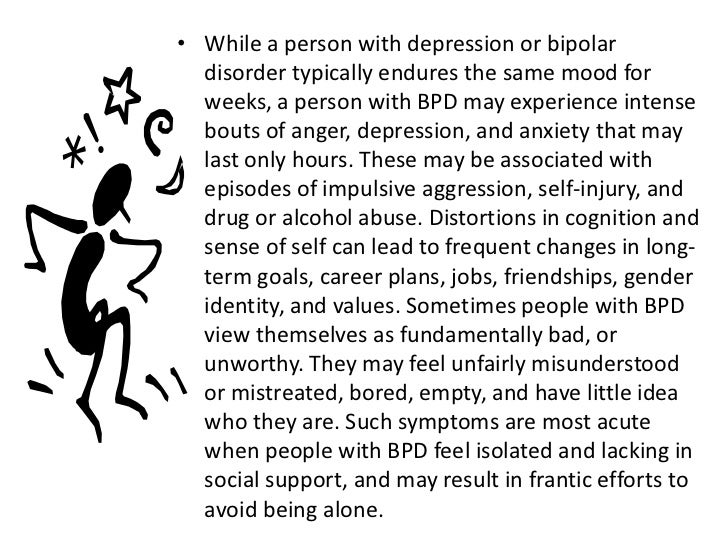
T - Spending. Unreasonable spending of money on unnecessary purchases, unreasonable expenditure of effort.
A - Ambivalence. Opposite feelings in a short amount of time. For example, love and hate.
B - Pain. Characterized by mental pain with repeated unsuccessful attempts, for example, in building interpersonal relationships, employment, etc.
I - Idealization. The tendency to idealize other people and depreciate them after a short period of time.
L - Lie. People with BPD are prone to deceit, lies, embellishment of reality.
N - Troubles. People with BPD often find themselves in conflict situations, quarrels, unfriendly relationships.
Oh - emptiness. People with BPD often feel empty inside, lack of interest.
S - Boredom. A feeling of boredom, a decrease in activity, a lack of prolonged interest in any activity, the world around and other people are characteristic.
T - Branding, branding. They often brand themselves. After hospitalization in a hospital, they feel the stigma of the mentally ill, acutely experience such a state, and isolate themselves.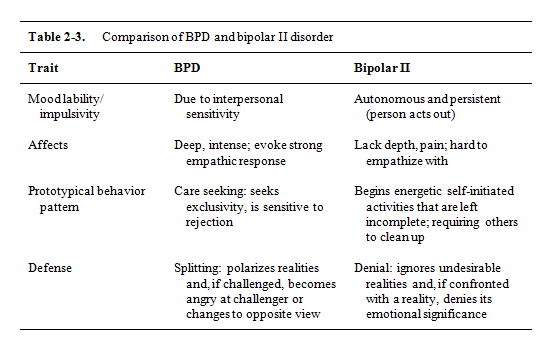
INSTABILITY characterizes the lives of people with BPD, these are interpersonal relationships, and situations related to employment, and mood, and behavior in general.
Expert opinions on borderline personality disorder
Anton Ezhov, PhD in Psychiatry. Institute of Neurology, Psychiatry and Narcology of the Academy of Sciences of Ukraine, Kharkiv, full member of the Russian Psychotherapeutic Association, certified and accredited by the Moscow Gestalt Institute (according to the standards of the European Association of Gestalt Therapists).
- Anton Vladimirovich, what is borderline personality disorder?
- In ICD-10: F60.3 it is “Emotionally labile personality disorder. Impulsive and borderline type. With borderline character disorder ( BPD), patients generally test reality, however, during diagnosis, there may be a slight distortion in the description of events occurring with the patient, as a result of a poorly developed ability for reflection, mentalization, the impact of strong affects and primitive defenses on cognitive processes. In some cases, there may be quasi-psychotic episodes in the form of short paranoid reactions, usually provoked by any dual and uncertain situation, as well as episodes of dissociation. But, as a rule, all these phenomena do not develop into stable delusional and hallucinatory symptoms. Patients with PPH also have a rather high suicidal risk, but the main motive is most often a demonstrative protest, jealousy, a desire to “punish” a partner and make him feel guilty. In PPH, rage, hatred, resentment dominate in suicidal behavior. Auto-aggressive actions are usually performed impulsively, at the peak of affect, often in a demonstrative style.
In some cases, there may be quasi-psychotic episodes in the form of short paranoid reactions, usually provoked by any dual and uncertain situation, as well as episodes of dissociation. But, as a rule, all these phenomena do not develop into stable delusional and hallucinatory symptoms. Patients with PPH also have a rather high suicidal risk, but the main motive is most often a demonstrative protest, jealousy, a desire to “punish” a partner and make him feel guilty. In PPH, rage, hatred, resentment dominate in suicidal behavior. Auto-aggressive actions are usually performed impulsively, at the peak of affect, often in a demonstrative style.
- How can BPD be corrected?
- In the therapy of CPH, the pathogenetic is long-term psychotherapy focused on the client-therapeutic relationship - this is the main type of treatment! Pharmacotherapy acts as a maintenance therapy. Drugs in the treatment of BPH include selective serotonin reuptake inhibitors, low dose antipsychotics, and mood stabilizers.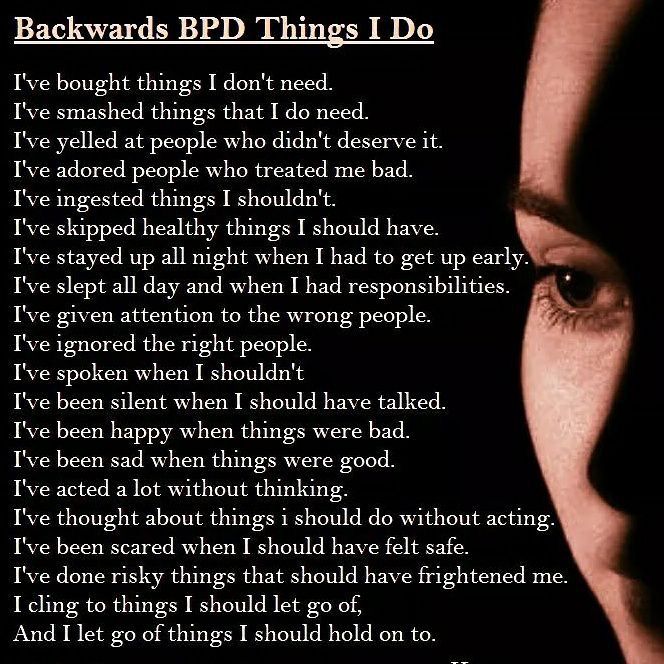 The general approach in the pharmacotherapy of BPH is to reduce the unnecessary use of medications (!), medicating the target symptoms with an understanding of pharmacodynamics.
The general approach in the pharmacotherapy of BPH is to reduce the unnecessary use of medications (!), medicating the target symptoms with an understanding of pharmacodynamics.
Irina Mlodik, Ph.D. in Psychology, psychologist, Gestalt therapist, existential psychotherapist, author of books and articles on child and adult practical psychology, author's training courses.
- Irina Yurievna, please tell me, is it possible to recover from borderline personality disorder?
- About the treatment: it's hard to say. I do not have a psychiatric, not a medical position on this matter. I believe that in each of us there can be a borderline arranged and borderline functioning part. In that sense, there's no cure for the way you're made. One can only reduce the consequences of border effects. Including and mainly with the help of high-quality and long-term, for example, humanistically oriented or analytical psychotherapy. Long-term and regular therapy creates a special type of relationship with the therapist, which allows, being in high-quality and constant contact: to live through many difficult and not processed by the psyche affects from childhood, to create and maintain with the help of therapeutic contact an important, permanent, uninterrupted connection with the therapist (which there was almost certainly no person with BPD), who becomes an important “adult” in the life of a “border guard” who can be relied upon.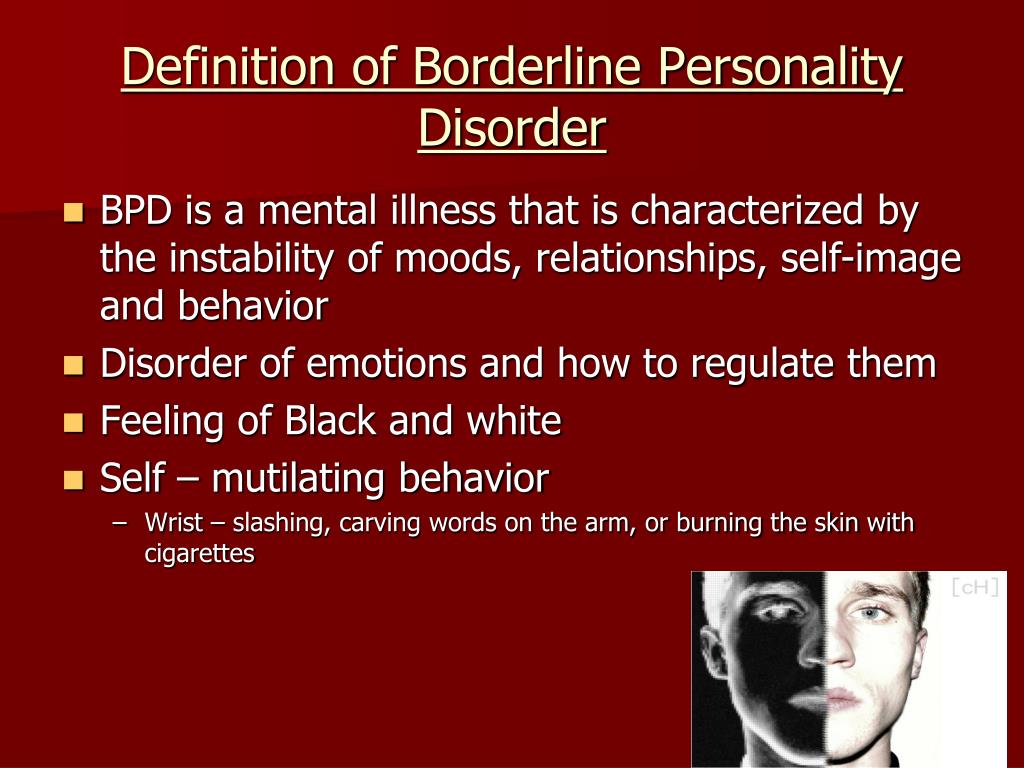 Subsequently, from relying on the connection and the figure of the therapist, inside and the person with BPD, other relationships grow both inside themselves (to their internal objects) and outside, they have the opportunity to maintain closeness not only with the therapist, but also with other people and build with them a long-term relationship. Affects become rarer, not so amplitude, endurable. There is an opportunity to know one’s own painful places better, take care of oneself more, be less exposed to destructive relationships and processes, better understand one’s reactions, features and manifestations, learn to treat oneself like this in the world of people, sometimes explaining to them one’s own characteristics and properties.
Subsequently, from relying on the connection and the figure of the therapist, inside and the person with BPD, other relationships grow both inside themselves (to their internal objects) and outside, they have the opportunity to maintain closeness not only with the therapist, but also with other people and build with them a long-term relationship. Affects become rarer, not so amplitude, endurable. There is an opportunity to know one’s own painful places better, take care of oneself more, be less exposed to destructive relationships and processes, better understand one’s reactions, features and manifestations, learn to treat oneself like this in the world of people, sometimes explaining to them one’s own characteristics and properties.
Advice for People with BPD to Use in a Crisis
Calming emotional storm
Stop fighting, avoiding, repressing, or denying what you are feeling. Give yourself permission to feel, this will take away the power of feelings over you.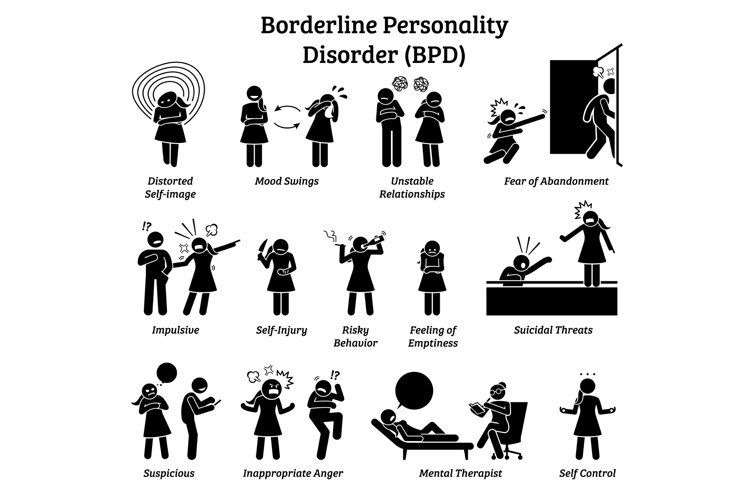 Try to simply experience your feelings without judgment or criticism.
Try to simply experience your feelings without judgment or criticism.
Awareness
Let go of the past and the future, focus solely on the present moment. Mindfulness techniques can be very effective in this regard.
• Start by observing your emotions, step back and just observe them.
• Watch them come and go (it can help to think of them as waves that come and go).
• Focus on physical sensations that are accompanied by emotions.
• Tell yourself that you accept your emotions, accept what you feel right now.
• Remind yourself that just because you feel something doesn't mean it's real.
Do something to change your bad feelings
You will need to experiment to find out what works best for you. What can help when you are angry or have very strong feelings, when you are depressed, etc.
Some ideas for self-improvement
Tactile sensations . Try running your hand in cold or hot (but not scalding) water; hold a piece of ice in your hand; grab the edge of the piece of furniture as hard as you can.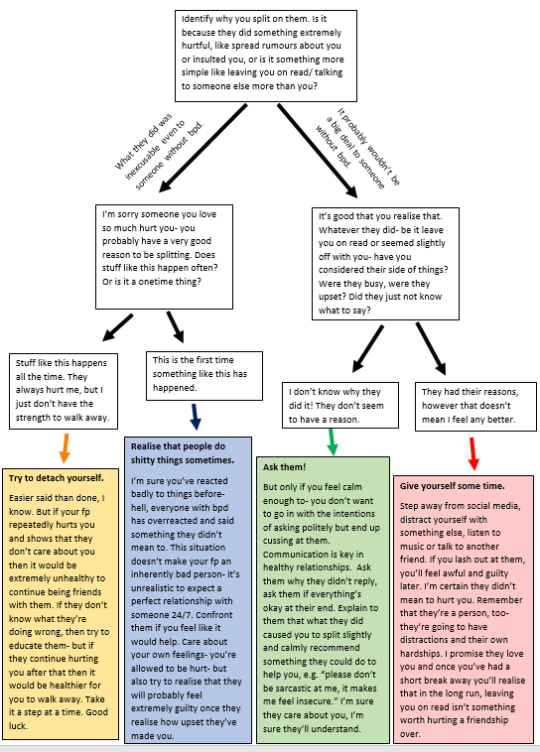 If you're feeling anxious and need to calm down, try taking a hot bath or shower; cover yourself with a blanket or cuddle with a pet.
If you're feeling anxious and need to calm down, try taking a hot bath or shower; cover yourself with a blanket or cuddle with a pet.
Flavor . If you feel empty or bored inside, try putting strong flavored sweets or mints in your mouth, slowly eating something with an intense taste, such as something salty. If you want to calm down, try something calming like hot tea or soup.
Smell . Light a candle, smell the flowers, try aromatherapy, spritz on your favorite perfume, or smell something that smells good in the kitchen. You may find you respond best to strong odors such as citrus, spices, etc.
Landmark . Focus on an image that grabs your attention. It could be something in your immediate environment (a great view, a beautiful flower, the location of a building, a favorite painting or photo) or something you imagine.
Sound . Try listening to loud music or a bell or whistle when you need a boost. To calm down, play soothing music or listen to soothing sounds of nature such as the wind, birds, or the ocean.